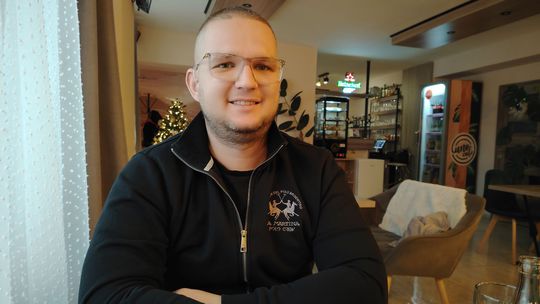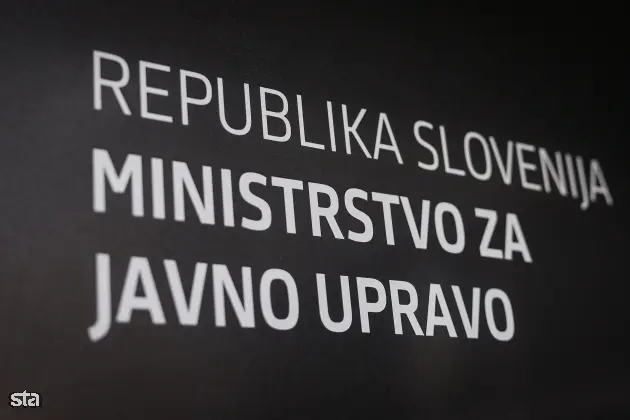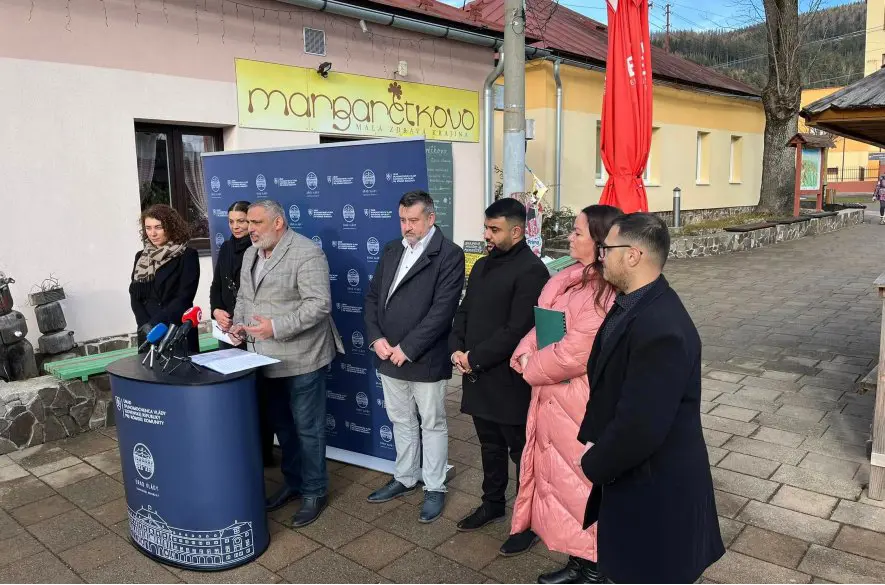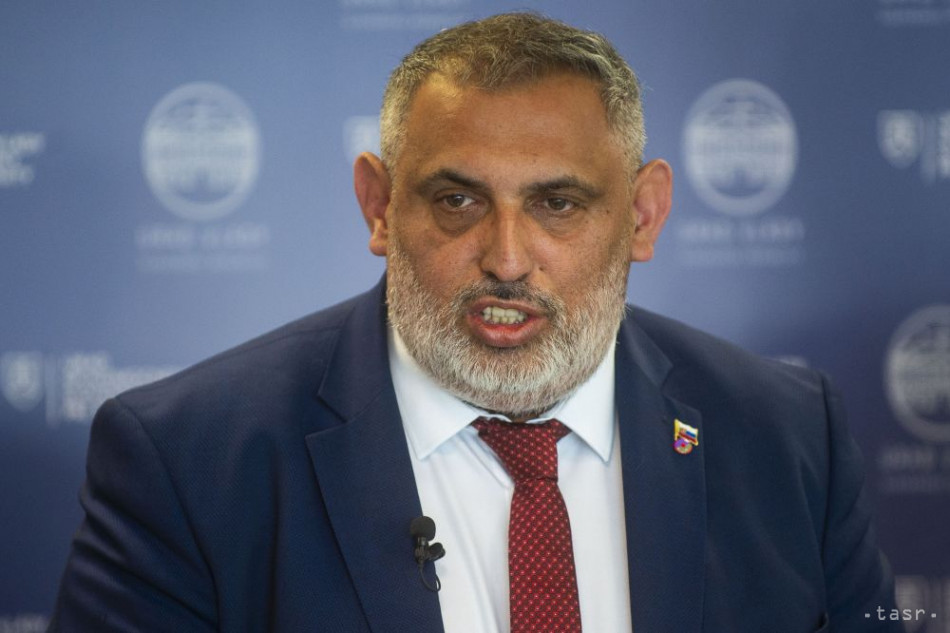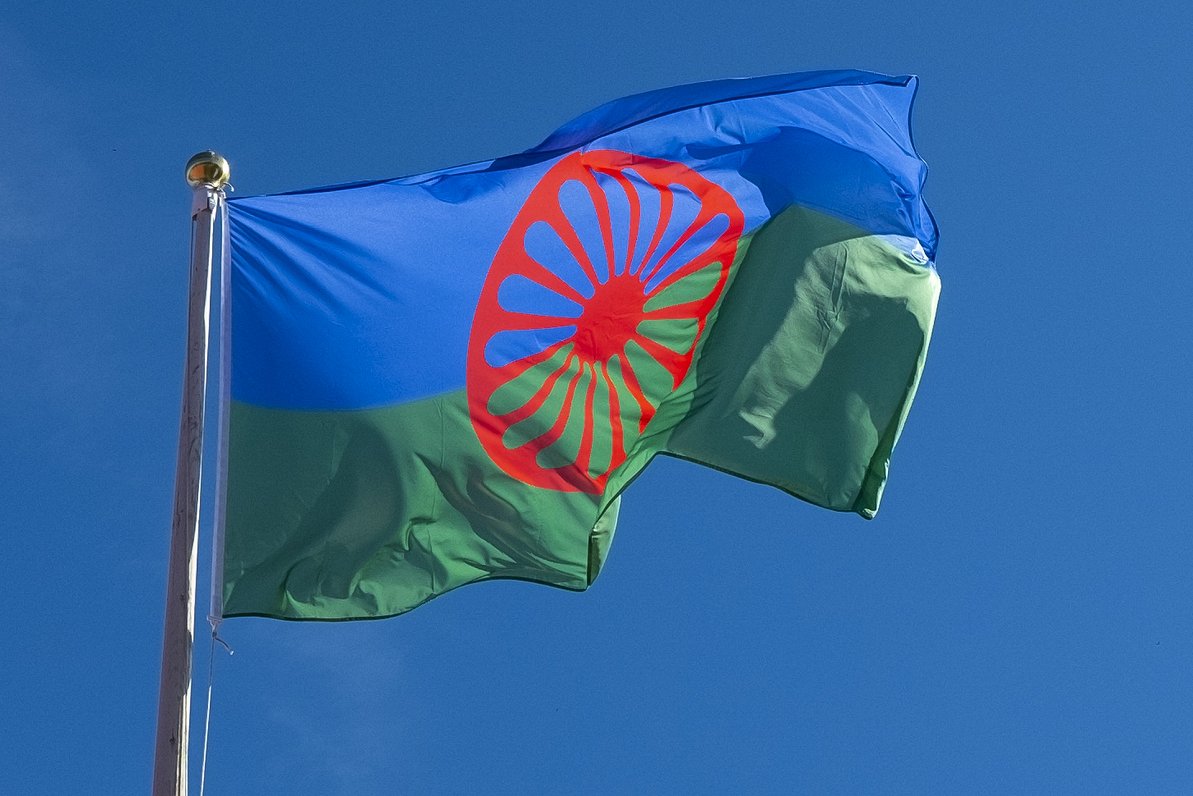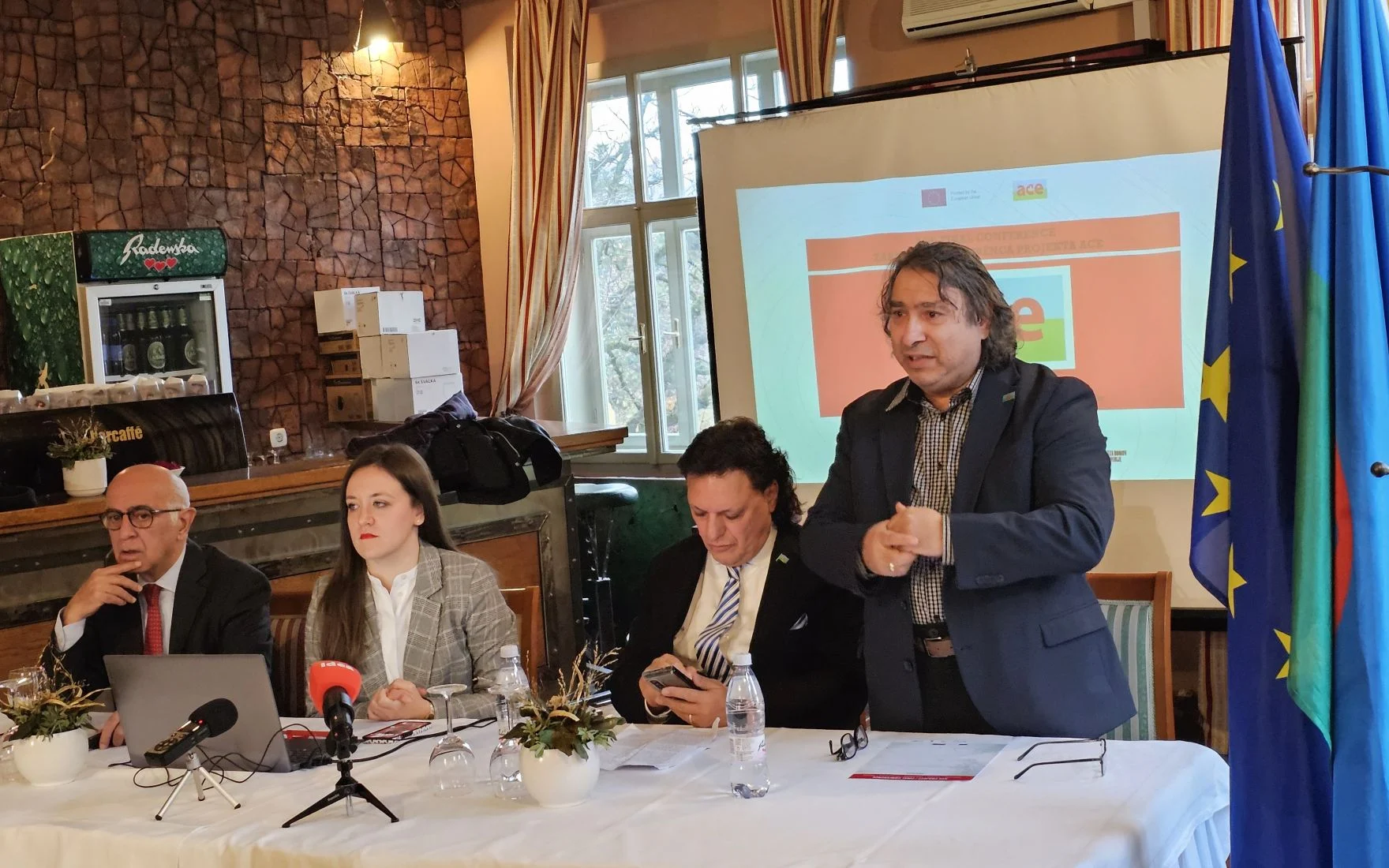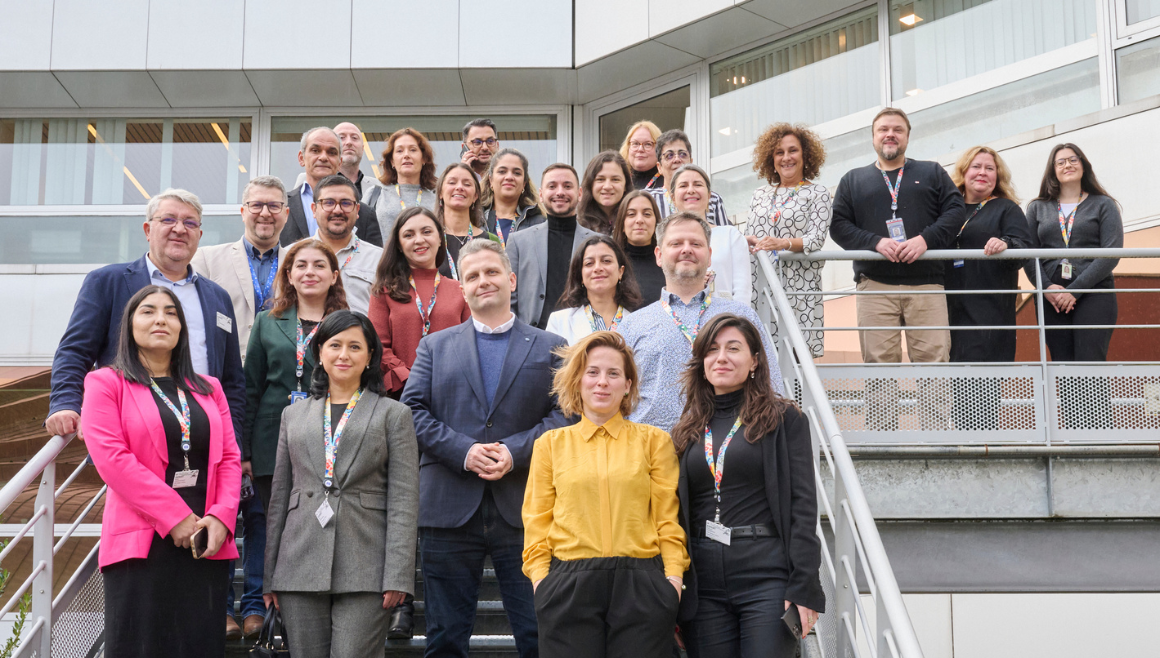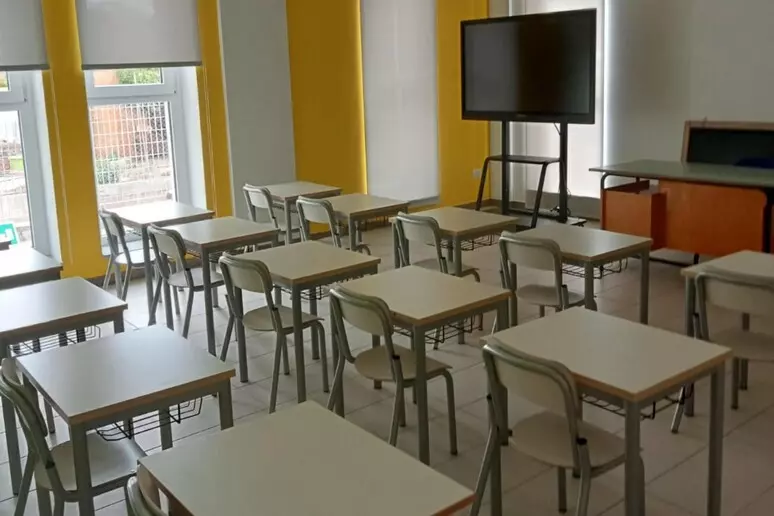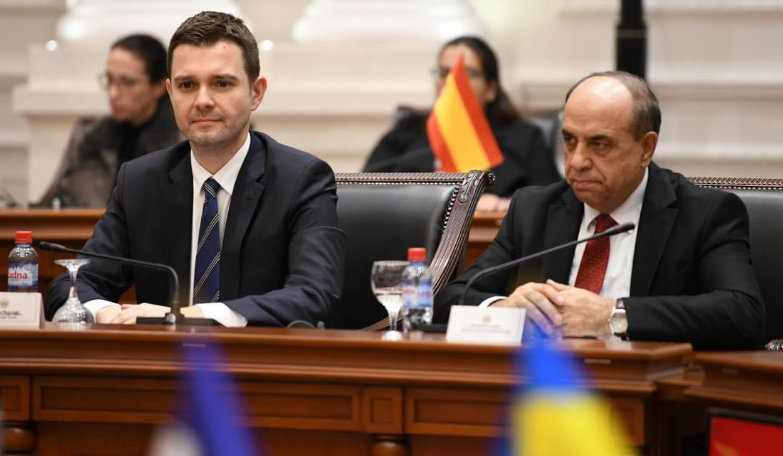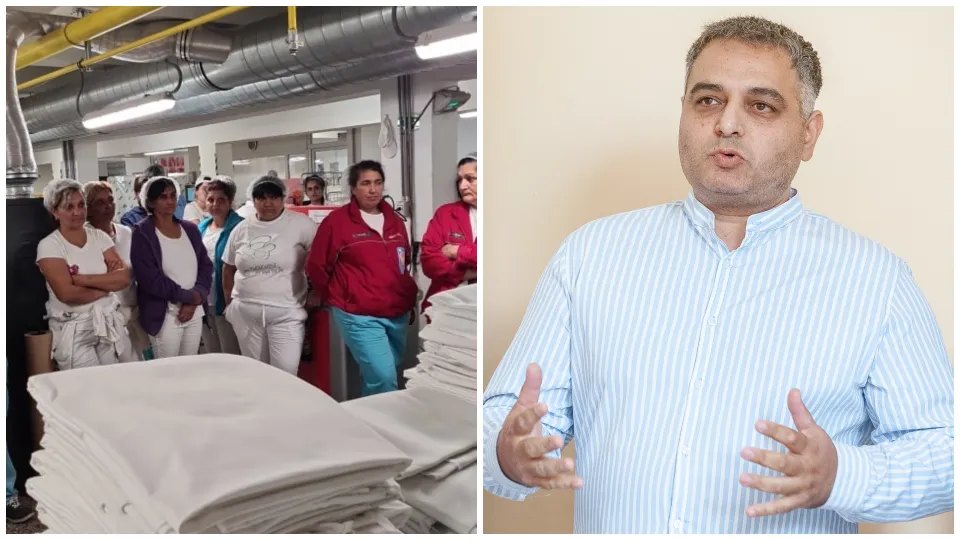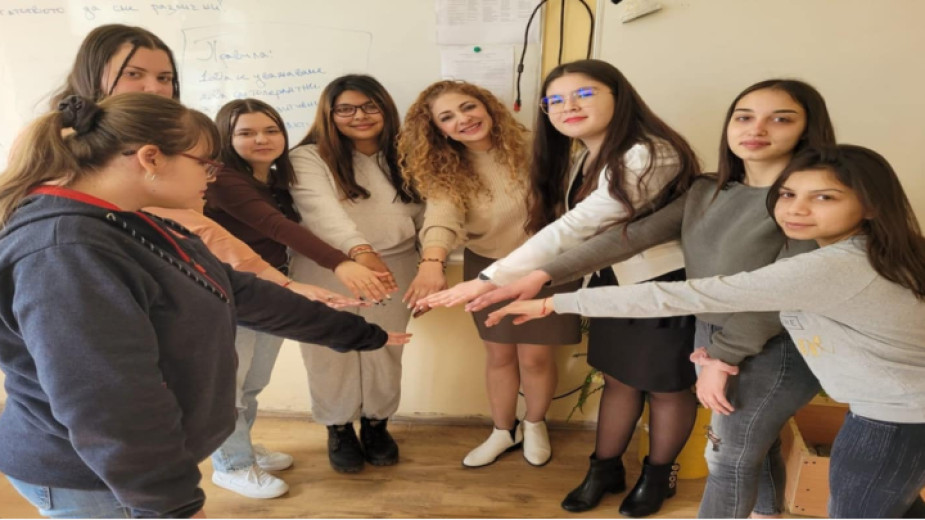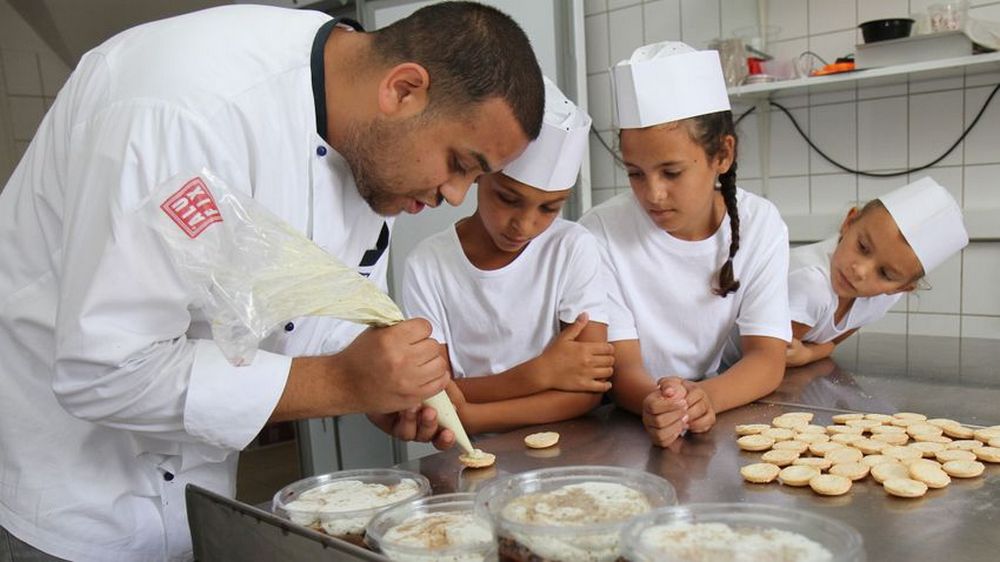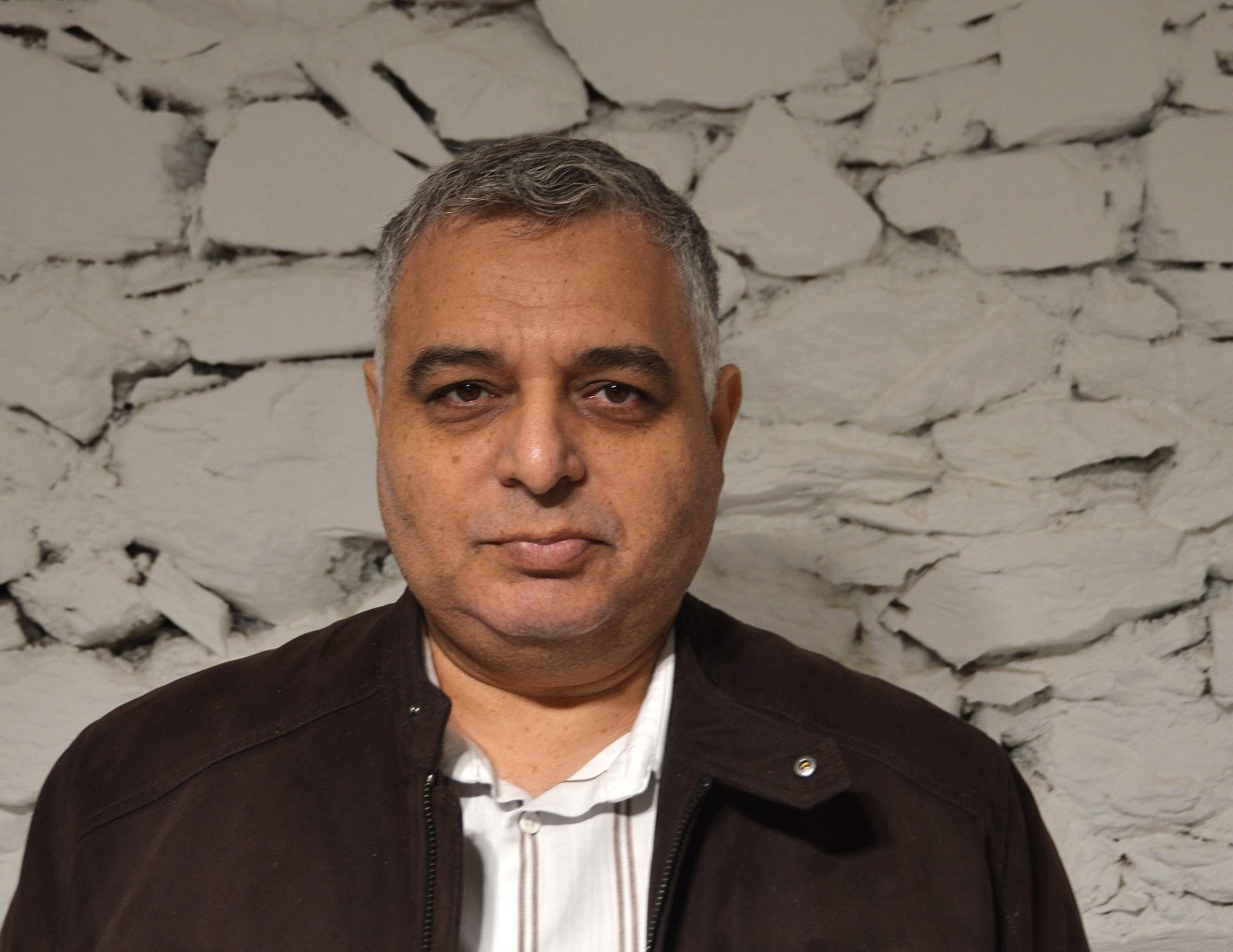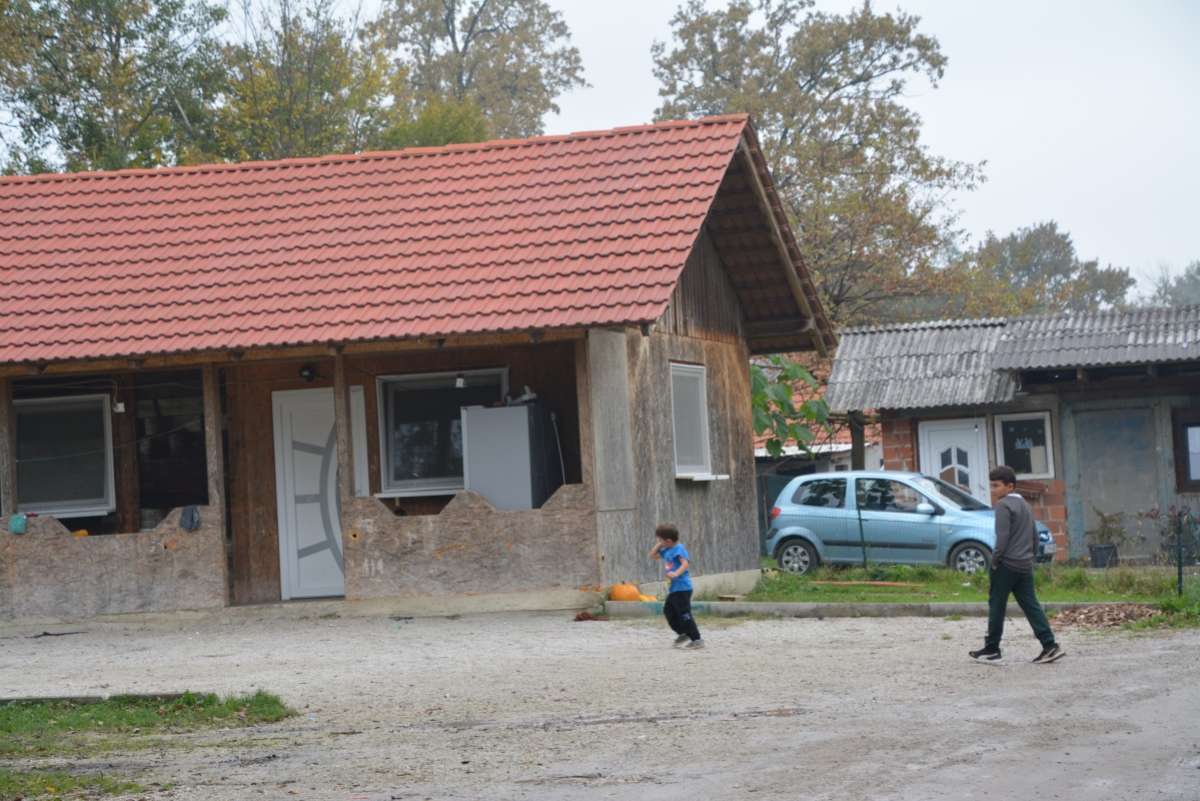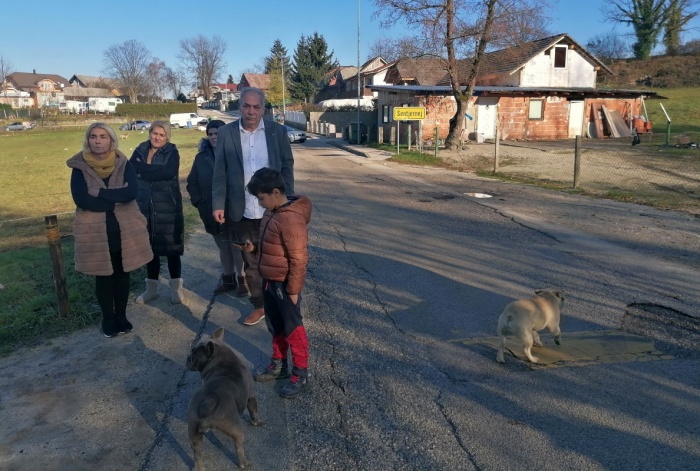The deaf Pavel Šarina (32) employs more than a hundred people, seventy percent of whom are from disadvantaged backgrounds. Among them are dozens of Roma who do not let the young boss down. In Veľký Krtíš and the surrounding area, he has a total of five establishments, from which they serve thousands of portions of food daily. He was recently awarded the Roma Spirit award, which he sees mainly as an appreciation of the work of his employees.
- Mladý podnikateľ vo Veľkom Krtíši dal prácu stovke ľudí a získal prestížne ocenenie. Keď človek chce, žije naplno, odkazuje. In: Pravda. 22.12.2024. https://spravy.pravda.sk/regiony/clanok/734395-pavel-sice-nepocuje-no-zije-naplno-denne-vyda-tisice-jedal-zamestnanci-ho-zboznuju/
